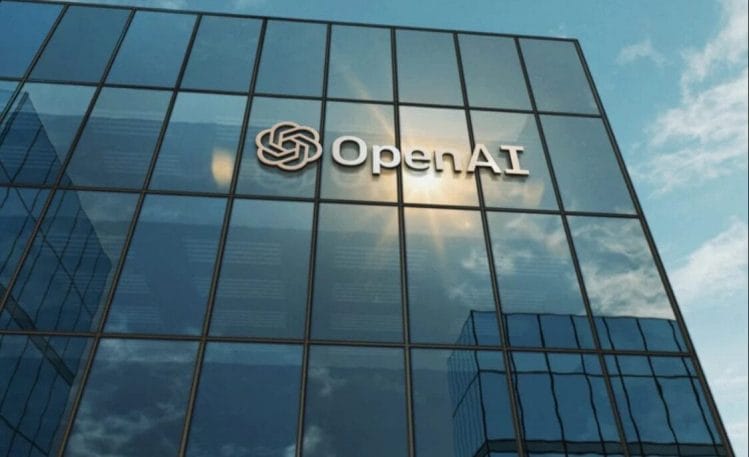Can artificial intelligence enhance the educational journey for students and faculty alike? This question resonates with vigor as Arizona State University (ASU) pioneers its partnership with OpenAI, marking a significant milestone for AI in higher education.
ASU’s collaboration with OpenAI, announced recently, represents a watershed moment, showcasing the university’s commitment to integrating AI-powered solutions within its academia. Starting in February, ASU plans to galvanize its faculty and staff into action by launching an open challenge to brainstorm innovative uses for ChatGPT, OpenAI’s chatbot, focusing on student success and research enrichment.
Lev Gonick, ASU’s chief information officer, emphasized the significance of this alliance, stating, “The collaboration with OpenAI ensures ASU becomes an active participant in defining new uses of gen AI in higher education.” It’s a strategic move that suggests ASU’s belief in the transformative potential of AI as an augmentative tool, not as a replacement of human ingenuity.
This strategic alliance comes on the heels of mixed sentiments around AI in academic settings.
Last summer’s rush to ban ChatGPT because of plagiarism fears and the spread of misinformation is now counterbalanced by a new wave of acceptance and exploration. ASU stands at the forefront, advocating for AI’s constructive role in education.
The university intends to cement AI’s reputation as an academic ally by offering ChatGPT Enterprise accounts to its full-time faculty and staff. This variant of ChatGPT isn’t just proficient at tasks like drafting emails or essays; it boasts enhanced privacy, data analysis capabilities, and prioritized access for users. With features like an admin console, conversation templates for internal workflows, and credits for custom AI solution development, ASU aims to tailor AI’s prowess to fit its academic ecosystem.
ChatGPT Enterprise also extends the functionality of AI to advanced data analysis, enabling users to employ AI for data scrutiny, chart generation, and complex problem solving. ASU’s dual role in account management and AI utility reveals an eagerness to lead explorative initiatives in education technology.

Gonick further elucidates the university’s vision, “Right now, we’re hyper-focused on putting ChatGPT Enterprise into the hands of our knowledge core … to be at the forefront of discovery and implementation.” ASU’s bold steps could redefine how educational institutions engage with AI, potentially signaling a shift in the broader educational landscape.
The implications of ASU’s partnership are manifold, extending beyond academia. As ChatGPT becomes a fixture in university operations, it could pave the way for a broader integration of AI across various sectors. With the capability to streamline organizational processes, foster research breakthroughs, and enhance student learning experiences, ChatGPT’s role in ASU could very well be a blueprint for future AI applications in diverse fields.
However, the path forward isn’t without challenges. Balancing the benefits of AI against ethical concerns and the potential for misuse requires vigilance. ASU’s comprehensive approach hints at a future where AI is embraced with mindfulness and strategic foresight.
Our Recommendations
The Frontier Post recommends educational institutions at all levels consider observing ASU’s foray into AI-assisted academia. With this initiative, ASU sets a precedent for responsibly exploiting AI’s capabilities while maintaining a focus on human-centric values.
Read also: Musk Dismisses Rumored $500M Stake in xAI During Valuation Talks
We suggest that institutions:
- Engage with AI thought partners to tailor AI integration within their unique educational contexts.
Cultivate an open dialogue among faculty, staff, and students about AI’s role and impact on education. - Invest in training programs that inform about the ethical use of AI, preventing plagiarism and fostering academic integrity.
- Explore AI’s potential to augment teaching methods, research, and administrative workflows, always keeping student success as a North Star.
- Maintain transparency with the educational community about the opportunities and challenges presented by AI.
ASU’s initiative of Using AI in higher education serves as a beacon for innovation and adaptability in a world where technological advancement is relentless. By embracing AI as a transformative tool, educational institutions can ensure they remain relevant and capable of preparing students for a future where AI is no longer an optional utility but a fundamental aspect of life and work.
What are your thoughts on the latest AI innovations? Let’s know in the comments.










